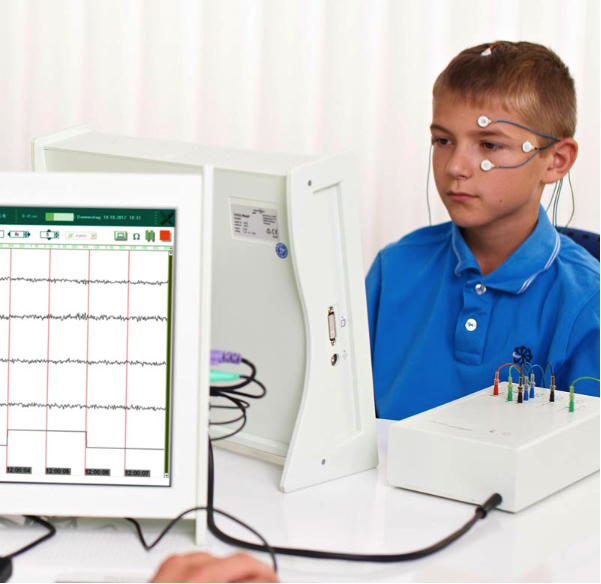Exploring The Way Sleep Disorders Disrupt Neural Oscillation Function and Impact Cognitive Function
Exploring The Way Sleep Disorders Disrupt Neural Oscillation Function and Impact Cognitive Function
Blog Article
Sleep is an crucial part of our everyday lives, enabling our bodies and minds to repose and rejuvenate. However, many individuals suffer from slumber disorders, which can considerably disrupt slumber patterns. These disorders can result to various issues, including alterations in neural wave activity. Neural waves are electronic impulses in the mind that reflect our mental state and function. When sleep is disturbed, the typical patterns of neural waves can be affected, resulting to issues with cognitive function, such as recall, attention, and decision-making.
There are various types of sleep disorders, including sleeplessness, sleep apnea, and unsettled leg syndrome. Sleeplessness is characterized by difficulty going or staying asleep, while slumber apnea involves pauses in breathing during slumber. Unsettled leg syndrome causes discomforting sensations in the limbs, leading to an compelling urge to shift them. Each of these disorders can disrupt the normal sleep cycle, which comprises of various stages, including light sleep, profound sleep, and REM (rapid eye movement) sleep. Each stage holds a vital role in maintaining overall cognitive health and performance.
When sleep disorders disturb with these stages, brainwave activity can become erratic. For example, during deep sleep, the brain produces gentle delta waves, which are important for bodily restoration and recall consolidation. If a person undergoes repeated awakenings or does not reach deep sleep, the generation of these delta waves is reduced. This can result to challenges in acquiring new knowledge and holding memories. Additionally, REM sleep, which is linked with dreaming and emotional processing, is also impacted. Disruptions in REM sleep can result to issues with emotional regulation and inventiveness.
The impact of slumber disorders on mental function is significant. Research has shown that people with sleep disorders often experience challenges with attention Learn More and concentration. This can affect their capability at educational institutions or work, making it challenging to complete tasks or engage in discussions. Furthermore, long-term sleep deprivation can lead to emotional changes, increased stress, and even anxiety or melancholy. These mental and emotional challenges can create a cycle, where poor sleep results to mental difficulties, which in turn can lead to more slumber problems.
Tackling sleep disorders is crucial for improving neural wave activity and cognitive function. Treatment options may encompass lifestyle changes, such as establishing a consistent slumber schedule, creating a comfortable slumber environment, and practicing relaxation techniques. In some cases, medical intervention may be necessary, such as employing a CPAP machine for slumber apnea or medication for insomnia. By valuing slumber and seeking appropriate treatment, individuals can improve their overall mental abilities and boost their quality of life. Understanding the connection between slumber disorders, neural wave activity, and mental function is an important step toward improved health and wellness.